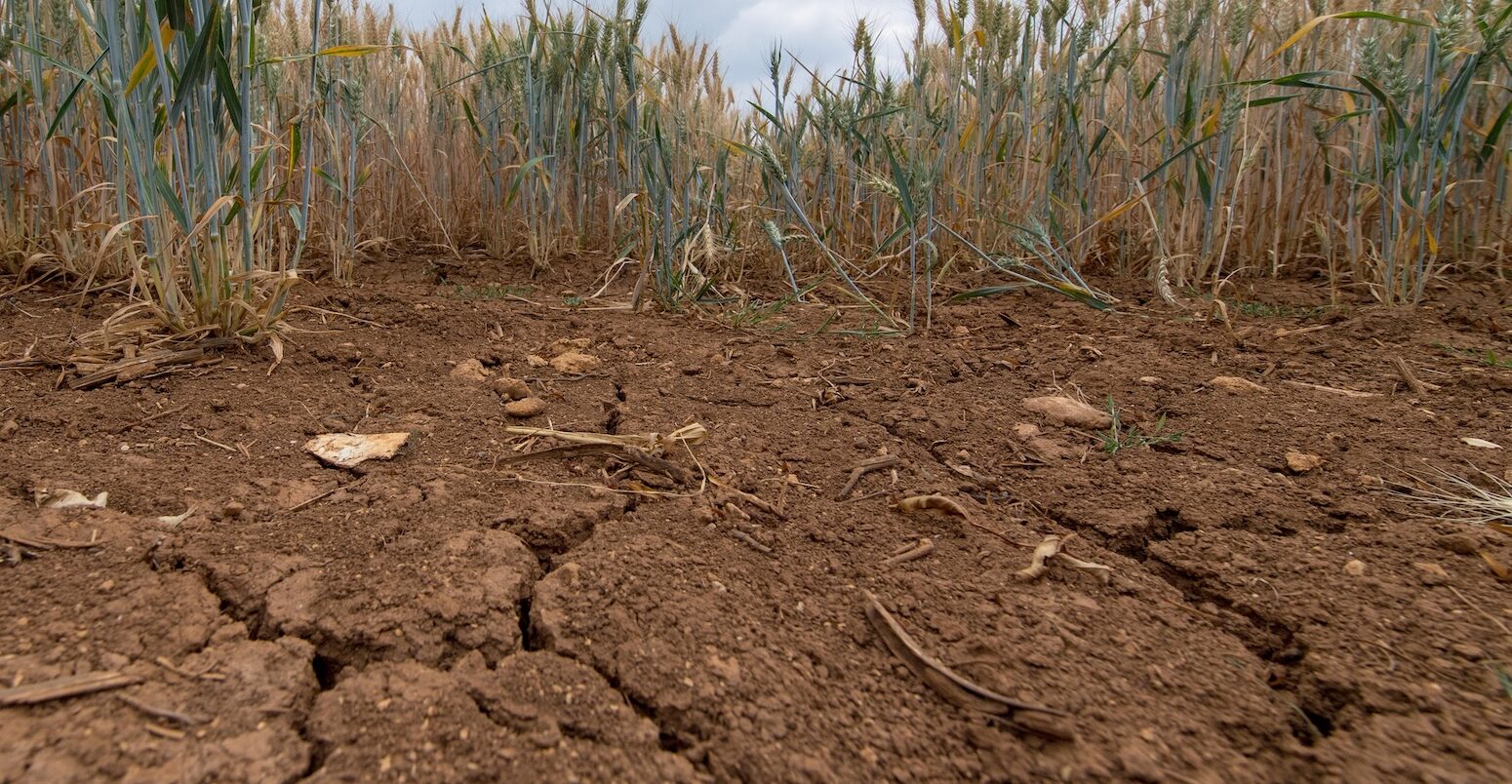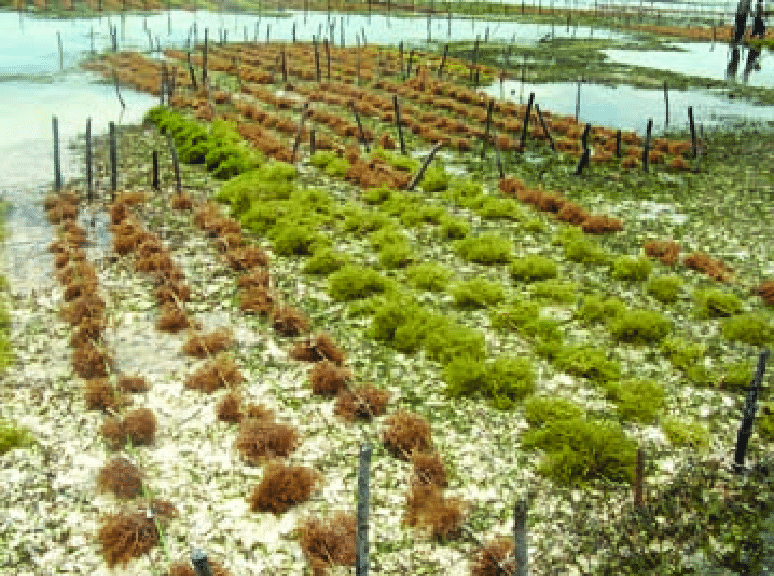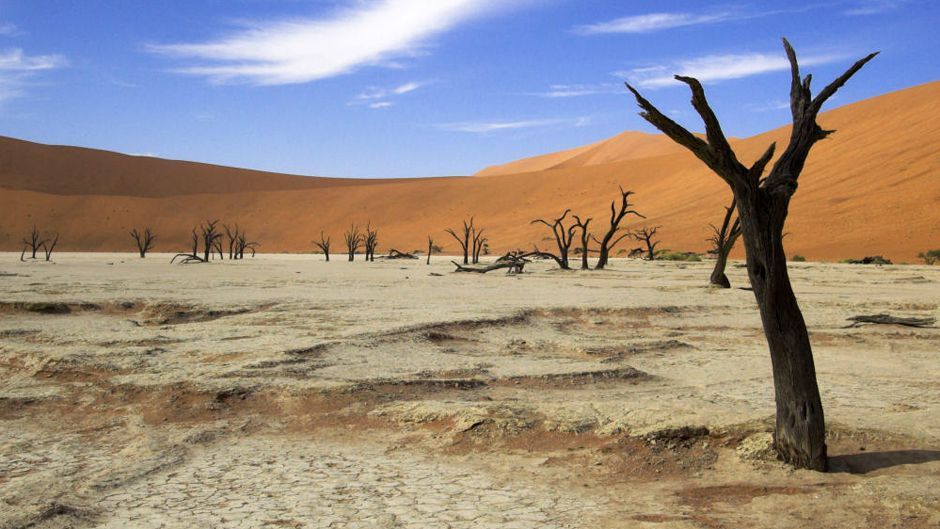At COP16, scheduled to take place in October 2024, Tanzania will need to demonstrate its progress in these areas and outline how it plans to turn biodiversity targets into action. Key challenges include ensuring sufficient financial and technical resources to implement biodiversity initiatives and integrating biodiversity considerations across sectors like agriculture, fisheries, and forestry. These challenges are not unique to Tanzania; many countries are grappling with resource mobilization and the complexities of harmonizing biodiversity goals with economic development.
Tanzania’s participation in COP16 offers an opportunity to solidify its commitment to biodiversity protection, but like many nations, it will need to address gaps in funding and capacity. The outcomes of this conference could shape the future of its conservation efforts and its contribution to global biodiversity goals




